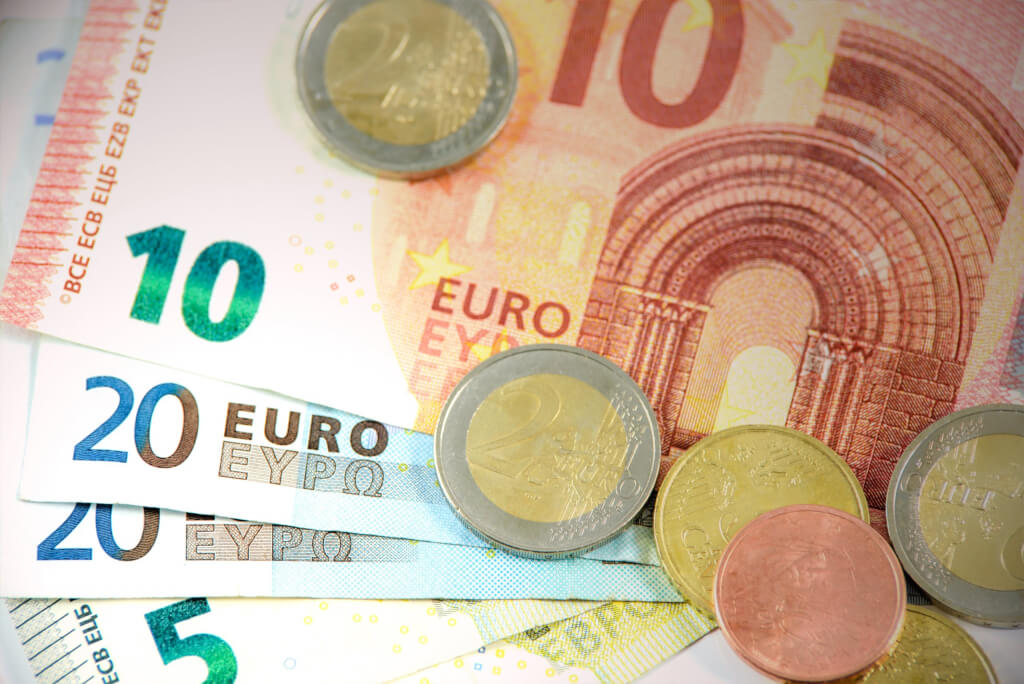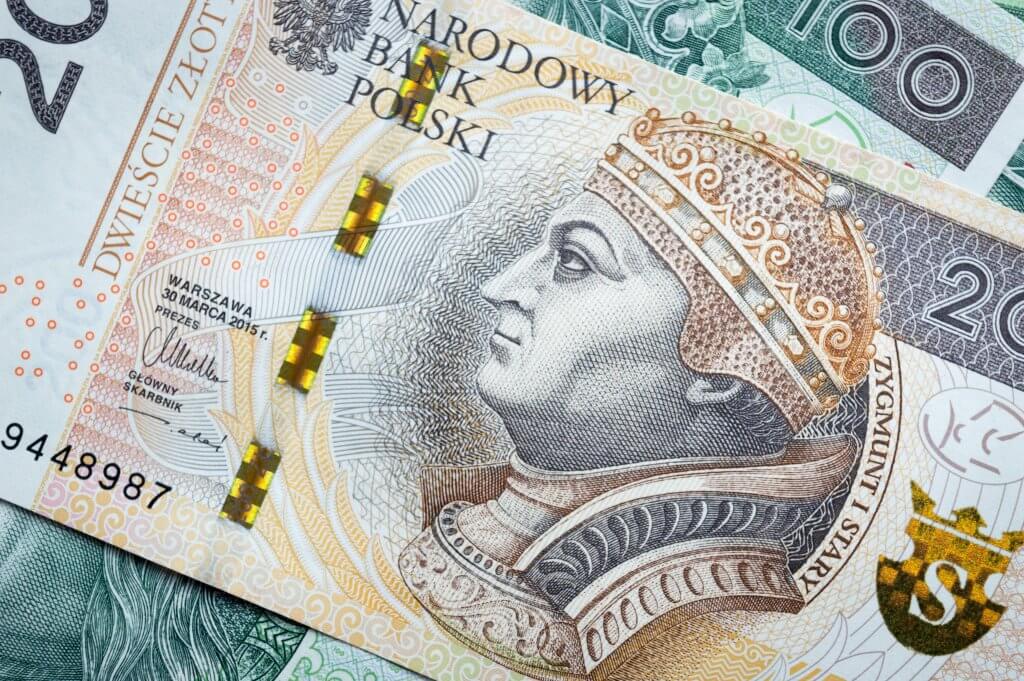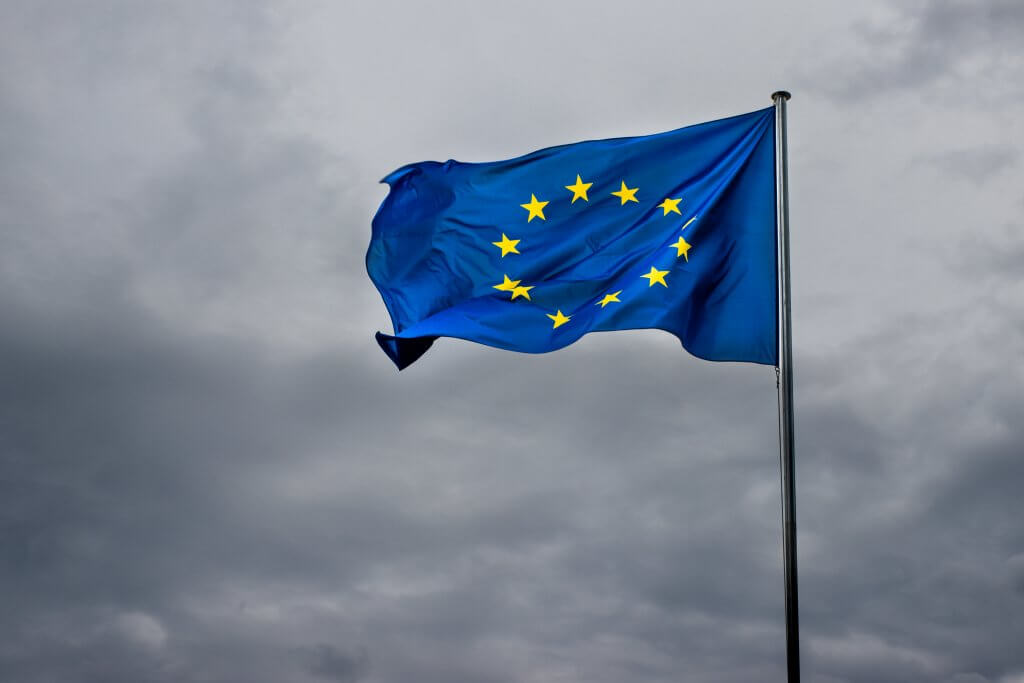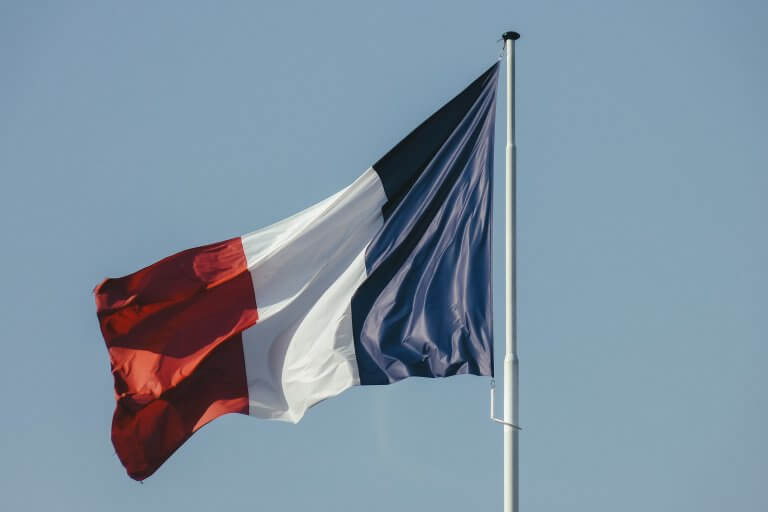
The “Polish Trojan Horse” within the European Union does not digest the Euro currency
Poland is probably the brightest irritant country for the EU elites and a hater of the very concept of the political-economic union. You may ask: what about Hungary? Yes, Viktor Orbán is no less a “Eurosceptic”, but his steps are usually very cautious and measured. He never works for the public and takes decisive actions only when he is sure that the EU will either swallow them, or when long-term benefits for Hungary will cover the damage from the retaliatory actions of the Brussels bureaucrats. But in Poland it is quite different: radical initiatives are replaced by retreats under pressure from Euro bureaucrats, which in the end, turn into even more aggressive attacks on the EU and Germany as the main symbol of the “European dictatorship” for Poles. Over the last year, there have been several scandals connected with anti-European outbursts of Poland and retaliatory actions of supporters of the unity. For instance, back in spring Jarosław Kaczyński decided to subdue the country’s judicial system, but under the threat of losing European subventions for the development of Poland’s economy, he was forced to abandon this dictatorial scheme. In August, a scandal erupted over the ecological disaster on the Oder River, and the EU, represented by Germany, struck back by accusing Poland of complicity in the disaster. Finally, at the end of September, Poland demanded 6.2 trillion Zlotys (about 1.3 trillion Dollars) from Germany as reparations for damages caused by World War II. The latter demand was obviously considered as a “political trolling” which had nothing to do with reality.

Still, Poles have sometimes made suggestions and judgments that really hit home with the EU. This concerned the use of the Euro both in Poland and elsewhere in Europe. The Pan-European currency is indeed not having the best time of his life: on July 13, for the first time in 20 years, it fell below the parity with the dollar, i.e. it was cheaper than the American currency with 1 Euro traded at $0,9998. We must clearly understand that the single currency is one of the few instruments of the EU authorities, which “autonomous” governments are almost impossible to compete with. If the European Central Bank (ECB) has taken control of the country’s financial system, it will not be so easy to escape, and Poland is very protective of its independence in this matter.
Back in 2019, Adam Glapiński, chairman of the Polish Central Bank, said that Poland would not switch to the Euro as long as he was in charge of the National Bank. In his opinion, there were neither political nor economic reasons to switch to the Euro. Instead of strengthening the position of Poland, according to him, such a step would lead to weakening of the state. Then he added that many European countries “envy” the economic achievements of Poland precisely because it uses its sovereign currency, not the Euro. Poland’s economic achievements are questionable, but in 3 years Glapiński has not lost his post and so far, he kept his promise. On September 8, he again reminded that switching to the Euro currency would significantly slow down the growth of living standards in Poland. The EU authorities reminded the condition that the transition to the Euro was stipulated in the agreement on the country’s accession to the European Union, but Poland made a clear answer that the deadline for this process had not been clearly stipulated. Now the expansion of the Eurozone has been very useful for the EU authorities, but Poland is not limited to its own reluctance, and now also recommends other countries to think about abandoning the Euro.
This position is not the pure populism of Polish officials, as is often the case. Here it relies on the real opinion of their own voters. Back in 2017, 64% of Poles polled by Kantar Public expected their financial situation to deteriorate because of the country joining the Eurozone. Another 49% of those surveyed said that Poland’s adoption of the Euro currency would be “something bad”, and only 11% of respondents were willing to see the potential abolition of the Zloty as a positive development. 4% of respondents suggested that the country should never adopt the Euro at all.
Poland’s proposal to allow Eurozone countries to return to the use of national currencies and Warsaw’s reluctance to switch to the Euro are dealing a very real blow to the psychological and political unity of the EU. Other countries, amid the crisis, are increasingly doubtful that the presence in the European Union brings up something to their stability. In the new multipolar world, the EU is not needed by the US, China, or Russia. Poland and Hungary may be the next to leave the EU after Great Britain because of the rather conservative views of the population and governments. This could trigger, if not disintegration, then a serious reformatting in favor of greater autonomy for its participants. And this danger, unlike reparations for the crimes of World War II, is no longer so distant for Germany.

They began to talk about the collapse of the Eurozone almost before it finally took shape. Such a scenario was predicted because of the fundamental difference between the economies in the union and their participation in the European GDP. However, the centripetal tendencies are now more obvious than ever: the weakness of the EU is evident, and officials from Brussels are no longer afraid. Such a collapse could have different scenarios, in addition to the “Polish-Hungarian” one and some predict that the EU will collapse by “poor” countries such as Spain, Greece, or Bulgaria. There is a possibility that the Eurozone will be left first by the donor countries, tired of blackmail and constant extortions. Nevertheless, the risks would exceed the hypothetical opportunities for any of the EU countries in case of leaving the monetary union, because it would be necessary to rebuild the economy, and this is what firmly holds the EU. But experts with a more sagacious position believe that every year the arguments “for the exit” will increase, and the EU will not live more than 10 to 12 years.
In the future, it will be for sure that the Europe Union will change a lot, and each country will think only about its own interests. Now Polish politicians are making territorial claims to Germany for the territories handed over because of World War II, and it looks almost like a joke. But given the German army’s weak fighting ability and armament, and Poland’s high military potential backed by the United States, this scenario no longer seems improbable in the event of the EU’s collapse. Moreover, the collapse of the European economy is extremely beneficial to the United States. So, one can laugh at the Poles and their expressiveness for a long time, but there is still a reason to think about it.

